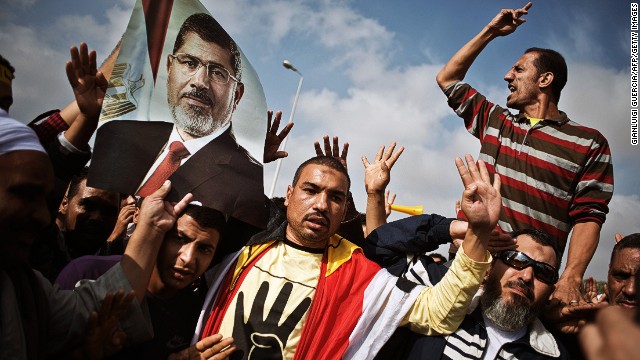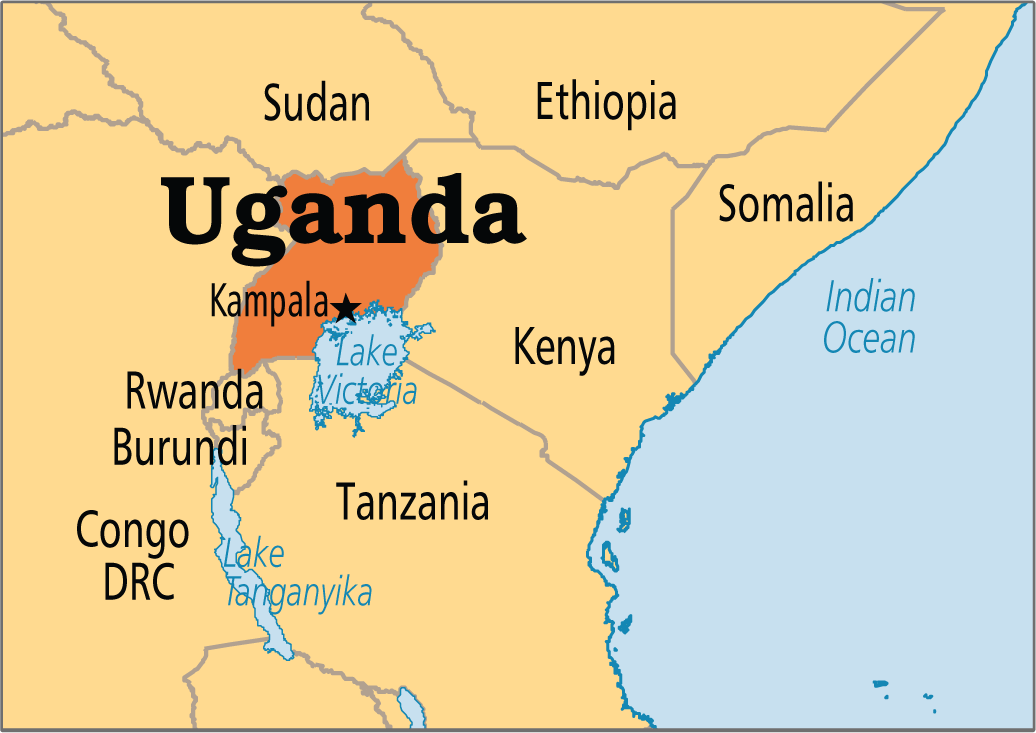by Tony Iozzo
Impunity Watch Reporter, Europe
GAO, Mali – The Al Qaeda-linked militant group, Al Qaeda in the Islamic Maghreb (AQIM) has claimed responsibility for the deaths of two French journalists, who were murdered in Mali on Saturday.

The Mauritanian news agency, Sahara Medias, stated that it received the message in the form of an email. In the email, AQIM claimed it was responsible for the deaths of Ghislaine Dupont and Claude Verlon, journalists from Radio France International.
Dupont and Verlon were found dead just outside of Kidal in northern Mali hours after being abducted at gunpoint. Sahara Medias stated the email said the murders had been carried out by a unit led by Abdelkrim al-Targui, a Malian national who has risen to prominence internally in a branch of Al Qaeda that is led by Algerian jihadists. Sahara Medias, often sent statements by Islamic militants in Mali, stated it received the email from fighters loyal to Targui.
“This operation was a response to crimes committed by France against Malians and the work of African and international forces against the Muslims of Azawad,” the email stated.
France had launched a military operation in the ground and air in Mali in January earlier this year, with the objective of reclaiming territory seized by Islamist militants in the northern part of Mali.
The AQIM statement also suggested that the murders were “the minimum debt” owed by the French people and President François Hollande “in return for their new crusade.”
Targui is a native of the Kidal region of Mali and is also believed to be responsible for the previous kidnappings of two French nationals, Philippe Verdon and Serge Lazarevic. Verdon and Lazarevic were abducted from the town of Hombori in northern Mali in 2011. Lazarevic remains in captivity, while Verdon was executed earlier this year.
AQIM grew in the 1990’s out of a movement started by radical Algerian Islamists who sought the overthrow of the Algerian government and to replace it with Islamic rule. The organization joined forces with Al Qaeda in 2006 and has spread itself across the Sahel region abutting the southern Sahara desert.
On Tuesday, France stated that it had sent seven investigators, including intelligence and police officials, to Mali to assist in the search for Dupont and Verlon’s killers. A member of the Malian security forces said that roughly thirty five suspects had been arrested in connection with the murders.
For more information, please see:
BBC News – “Al-Qaeda killed” French Reporters Dupont and Verlon in Mali – 6 November 2013
France 24 – Al-Qaeda-Linked Group Claims Murder of French Journalists – 6 November 2013
New York Times – Killing of French Journalists Reverberates in France and Mali – 6 November 2013
Reuters – France, Malian Forces Hunt Suspects Behind Journalist Killings – 4 November 2013


